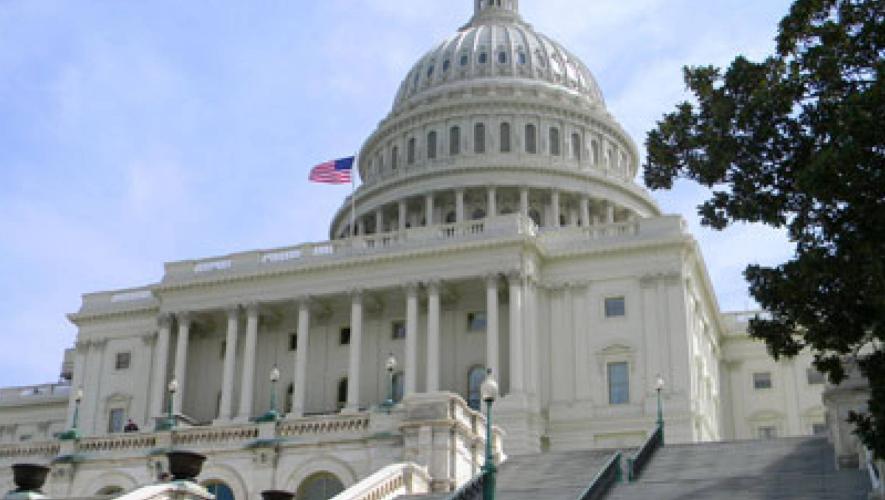The U.S. Supreme Court decision against review of Bombardier’s case against the IRS is a setback in the effort to obtain clear guidance on the tax treatment of aircraft management fees, business aviation advocates agree. But industry leaders are continuing to work with the IRS on such guidance and are hopeful that they have support on Capitol Hill for a permanent legislative fix.
The Supreme Court decision, announced yesterday, effectively upholds earlier court determinations that the IRS has properly taxed Flexjet’s fractional aircraft management fees as commercial air transportation activities.
This decision did not come as a surprise. Timothy Obitts, the executive v-p of operations and business and general counsel for the National Air Transportation Association (NATA), noted that the Supreme Court rarely takes up tax cases. “We were hopeful,” Obitts said, but added the court “acted in line with its past practices on tax cases.”
Having said that, Obitts added that NATA—which filed an amicus brief in favor of Bombardier’s petition—continues to believe that the earlier court determinations were incorrect and leave the issue of management fees murky.
“NBAA is disappointed that the Supreme Court did not elect to hear the Flexjet FET case,” added Scott O’Brien, the senior manager of finance and tax policy at NBAA, which also filed an amicus brief in favor of Bombardier. “We feel that the IRS has never provided taxpayers with clarity on their FET obligations and now the courts have set up a situation where different taxpayers receive different tax treatment.”
The case had been ongoing while the IRS drafts guidance on the tax treatment on aircraft management fees. That guidance has been in the works for years, delayed by changeover at the industry and more recently by change in administration.
The Bombardier case is distinct in that it involves management fees for aircraft involved in fractional operations, rather than traditional aircraft management activities. But a Supreme Court review could have helped in the quest for clarity. Concerning to the industry has been varying interpretations on management fee tax treatment, confusion about the applicability and timing of those interpretations and, in the case of Bombardier, a different legal finding than that involving competitor NetJets.
“The decision by the Supreme Court means that disparate treatment of taxpayers in the aircraft charter/management industry will continue until a legislative solution can be found,” O’Brien said.
Lawmakers in the House and Senate have introduced bills to exempt aircraft management fees from the commercial passenger ticket tax, and business aviation advocates are optimistic that the bills will be able to progress in both chambers. The measure last year had support from the House Ways and Means Committee, noted Bill Deere, the executive v-p of government and external affairs for NATA. Also, he added, the Joint Tax Committee has deemed the measures essentially “revenue neutral.”






